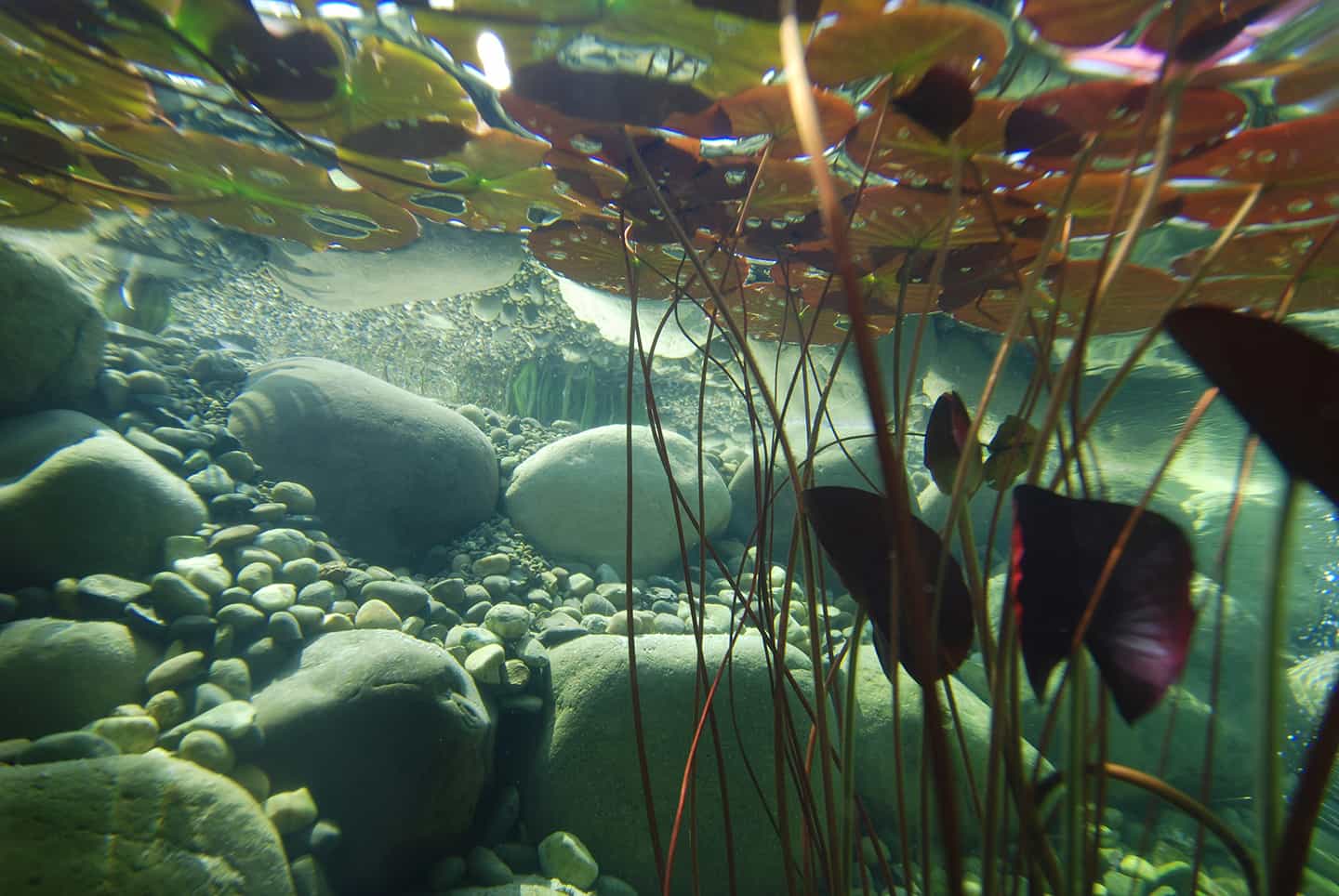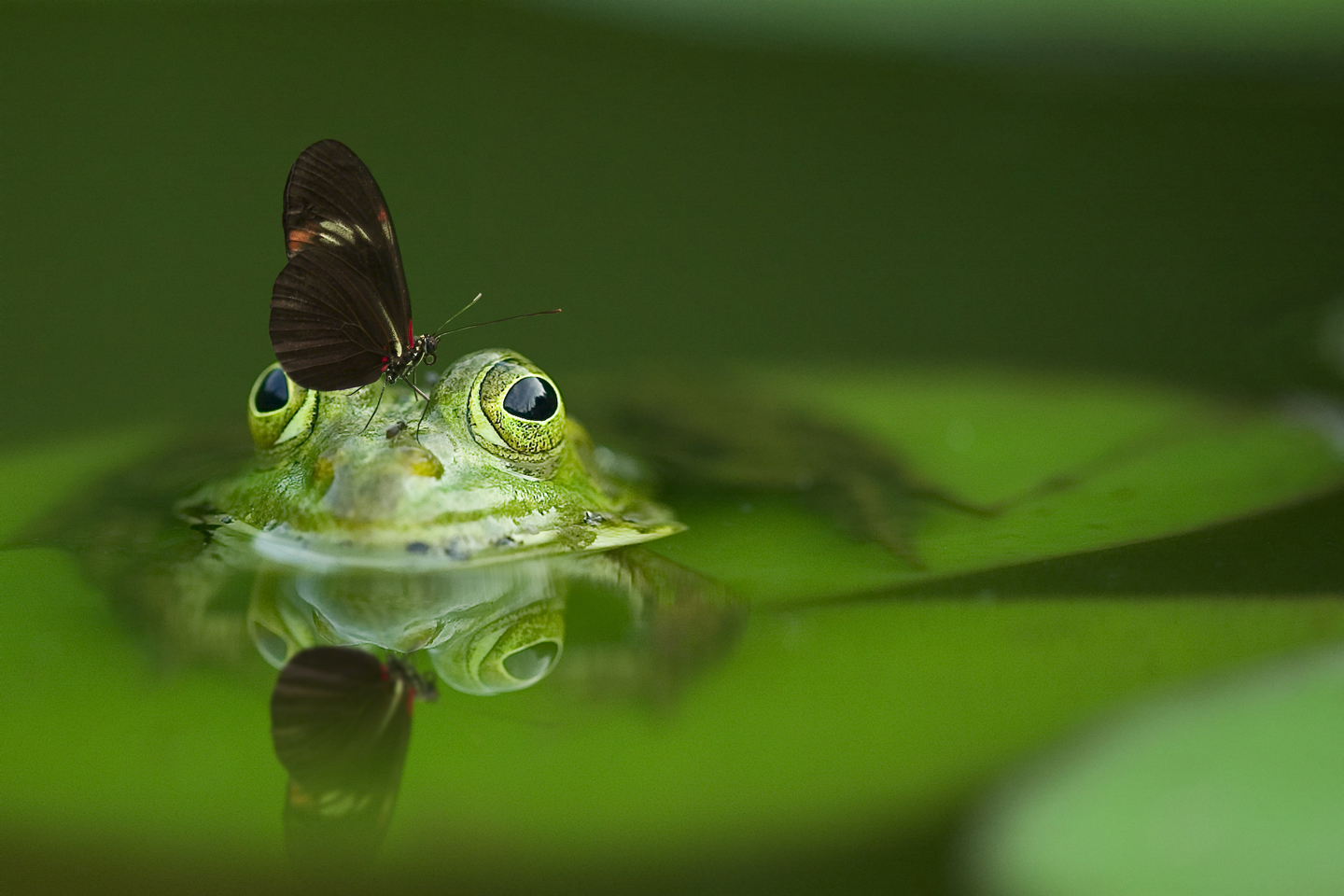Choose a Fish Pond Filter for a Healthy Pond System

Types of Fish Pond Filter
A fish pond filter system is essential if you are going to stock your backyard pond with fish, a pond filter system will enable you to keep the water clean and healthy. It will also give you the added benefit of being able to see the fish swimming in the water.
Fish pond filters may either be
- mechanical, or
- biological
A mechanical pond filter catches debris and waste but doesn’t remove any toxic matter, ammonia for example.
A biological pond filter breaks down all the harmful materials that build up in the water, in the filter.
So clearly, if you are going to keep fish, a biological pond filter is the best option.
Generally people are prepared to spend more money filtering the water in koi ponds than they are if they keep ordinary goldfish or even a larger fresh water fish like orfe.
Gravity Return Pond Filters
Relatively inexpensive gravity discharge pond filters are a good choice for smaller ponds and ponds intended for goldfish.
The traditional box-type gravity return filter uses a small submersible pump to feed water through the filter and back into the pond. It uses the principle of gravity to allow the water to soak through the filter media in the box. For this reason, this type of filter will need to be positioned at the highest point of the pond for it to be able to operate. It is therefore difficult to camouflage.

Pressurized Biological Pond Filters
A more expensive option is the pressurized biological fish pond filter that is suitable for both small- and medium-sized ponds. Some models have a back-flushing system that incorporates a valve, making them easy to clean and get rid of any solid waste that accumulates in the filter media.
They are relatively small, but require a more powerful, higher pressure pump than gravity discharge filters need, to make them work. Because it doesn’t rely on gravity, this type of filter is easier to conceal. Because it is pressurized, the pump may also be used to operate a waterfall or fountain.
Biological Pressurized Bead Filters
Top of the range biological pressurized bead filters were developed specifically for koi ponds. They are bigger, more sophisticated, and obviously a lot more expensive than other biological filters, but they can handle large volumes of waste. Koi grow considerably larger than other fish (up to 36 inches as opposed to goldfish that grow to about 5 inches and orfe that grow to about 12 inches) and so they eventually produce a lot more waste.
[ninja_tables id=”2323″]
Mechanical Sand Filters
While mechanical sand filters are commonly used to keep swimming pool water clean, they are expensive to operate, and they have not been designed specifically to remove the harmful nitrogenous waste (or ammonia) that accumulates in garden ponds. They are also ineffective when it comes to trapping algae, because algae cells are so small.
Size and Water Volume
While the size and number of fish in your pond must be taken into account when choosing a fish pond filter, it is also essential to know how much water is in the pond. However, it is not the size of the filter box that will determine how much water the filter can clean. This is totally reliant on the biological pond filter media used. Open-cell foam mats are common, normally used in conjunction with other filter media including plastic filter media and gravel.







